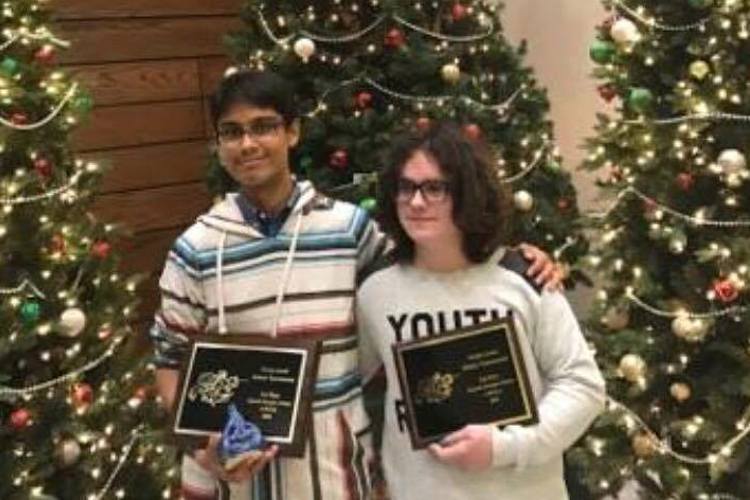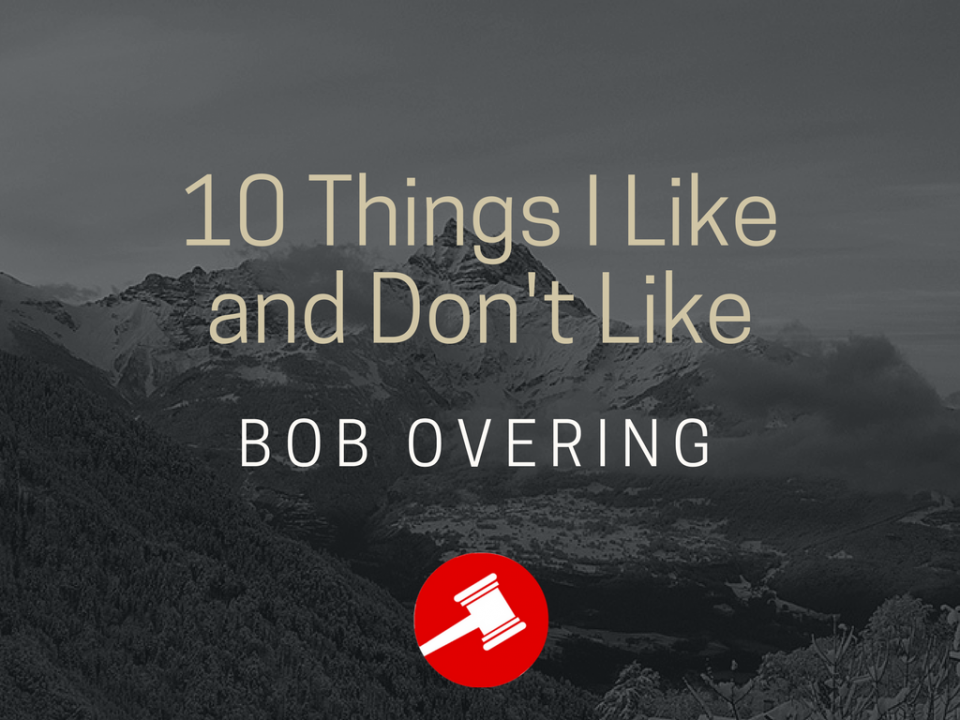2016 Strake Jesuit Tournament

Finalist Interviews
Muhammad Khattak (Lake Highland Prep MK), Champion
Question: What was your favorite position that you read at this tournament?
Muhammad Khattak: I really enjoyed the different philosophic positions I tried to read and leveraging them against the different critical affs/negs people read. Specifically, I liked the Kant NC that I read (it was my go-to NC and I read it in basically every preliminary round), and I found it to be very effective against the different post-modernist positions I ran into throughout the tournament.
Q: What did you find the hardest case to answer?
MK: I really found the different philosophy affs on the topic hard to respond to (like the radical democracy/discourse ethics AC). I also debated a lot of different micropolitics/non-topical affs throughout the tournament that I found hard to answer because of how important/relevant the issues they talked about way; because of this, I wanted to make an effort throughout the tournament to directly engage in these affirmatives in an authentic way to actually lead to a productive discussion about the world around us/how we can better ourselves through debate. So, although it was difficult to not read generics against these affs, I think the experience of not doing so gave me a new outlook on why these affs are meaningful within the debate community.
Q: What tournament are you most looking forward to next?
MK: I’m really looking forward for the Emory tournament just because of the wide array of debaters from all over the country who will be attending. I’ve found that tournaments like Emory provide a unique opportunity for all debaters from coast to coast to debate styles they wouldn’t usually see – the field (so far) seems so diverse that every type of debater (stylistically) is attending.
Q: Are there any positions/issues in debate that you’re passionate about that you’d like to speak about?
MK: I feel like in engaging different critical positions, a lot of people have been too quick to discount philosophic responses as ignorant of the key issues at hand. I really feel like engaging in a different philosophic angle to understand/approach these affirmatives can actually help contribute to the discussion. However, I also find it true that resorting to generics against a lot of these affs is both less strategic and makes for worse debates in terms of discussing the ideas at hand. I don’t necessarily think people should jump the gun to disavow these strategies as “abstract/detached/etc.” to preclude the possibility of more nuanced clash on a philosophic layer.
Logan Reed (North Crowley LR), Finalist
Question: What was your favorite position that you read at this tournament?
Logan Reed: Probably the counterfactual K I read in semis. It may not be the most strategic position, but I think it’s very cool conceptually. It basically argues that we need to imaging reversing the Dred Scott v. Stanford Supreme Court case as a way to remove the anti-black social norms around the constitution.
Q: What did you find the hardest case to answer?
LR: Probably Lake Highlands ‘democracy to come’ aff. It’s basically a 5 min framework that they say descriptively affirms. I debated against it twice, it takes a pretty intense framing debate to beat. Generic K and topic prep stuff is pretty solidly excluded unless you win a lot of framing.
Q: What tournament are you most looking forward to next?
LR: I’m really looking forward to the Sunvite. Debating in Florida is always interesting, because while that circuit has a reputation for sketchy/tricky arguments, there’s still some room for K debates. Also, while I don’t read these kind of arguments much, it’s fun to debate against them.
Q: Are there any positions/issues in debate that you’re passionate about that you’d like to speak about?
LR: I really like this question! My last two affs have been about the oppressive norms that target gender minorities in debate. I feel very strongly that debate can be a space for people to learn to challenge oppressive social structures, and I think that it’s important that we consider the way that some of our in and out of round practices re-create the same kind of oppression we try to fight against as a community. Because of that, I think we need to focus on the subtle ways we exclude certain groups of people within debate. I don’t think there’s any single solution to fix these problems, but we should be oriented towards finding solutions whenever we can.
Main Tournament
Round 1
Round 2
Round 3
Round 4
Round 5
Round 6
Partial Double-Octafinals
Christopher Columbus JN def. Clements Highschool AC (Sharma, Sasso, Evnen)
Lake Highland Prep RS (Bye)
Cedar Park MG (Bye)
Lake Highland Prep JW (Bye)
North Crowley (Independent) LR (Bye)
Cedar Park MT (Bye)
Woodlands DY (Bye)
Newtown AH (Bye)
Clements Highschool NK (Bye)
Westwood SN (Bye)
Earl Warren NO (Bye)
Dulles MK (Bye)
Law Magnet MG (Bye)
Lake Highland Prep MK (Bye)
Lake Highland Prep SS (Bye)
Cy-Fair TW (Bye)
Octafinals
Cedar Park MT def. Lake Highland Prep RS (Tohme, Koshak, Delgado)
North Crowley (Independent) LR def. Clements Highschool NK (Tohme, De La O, Brown)
Cy-Fair TW def. Newtown AH (Wright, Evnen, Dang)
Westwood SN def. Woodlands DY (Traber, Sullivan, McCormick)
Cedar Park MG def. Lake Highland Prep JW (Paramo, McConway, Ho)
Lake Highland Prep SS def. Earl Warren NO (Yoakum, Wei, Hanan)
Lake Highland Prep MK def. Christopher Columbus JN (Smith, Nanavati, Burd)
Law Magnet MG def. Dulles MK (Sasso, Khan, Fennessy)
Quarterfinals
North Crowley (Independent) LR def. Cedar Park MT (Traber, McCormick, Evnen)
Westwood SN def. Lake Highland Prep SS (Tohme, Sullivan, Burd)
Cy-Fair TW def. Cedar Park MG (Sigalow, Sharma, Carriere)
Lake Highland Prep MK def. Law Magnet MG (Yoakum, Khan, Castillo)
Semifinals
North Crowley (Independent) LR def. Westwood SN (Wright, Sullivan, Dang)
Lake Highland Prep MK def. Cy-Fair TW (Sharma, Sasso, Nanavati)
Finals
Lake Highland Prep MK def. North Crowley (Independent) LR (Graham, Sullivan, Zaghrini)
Scouting Report
Bid Level: Semifinals
Entries: 45 (As of 12/11)
Debaters With Bids (As of 12/11):
Cedar Park MT (2)
Cedar Park MG (1)
Dulles MK (1)
Earl Warren NO (1)
Lake Highland MK (3)
Lake Highland JW (1)
Montgomery WP (1)
North Crowley LR (1)
Woodlands College Park JZ (1)
Westwood RM (1)
Westwood SN (1)
Winston Churchill BW (1)

